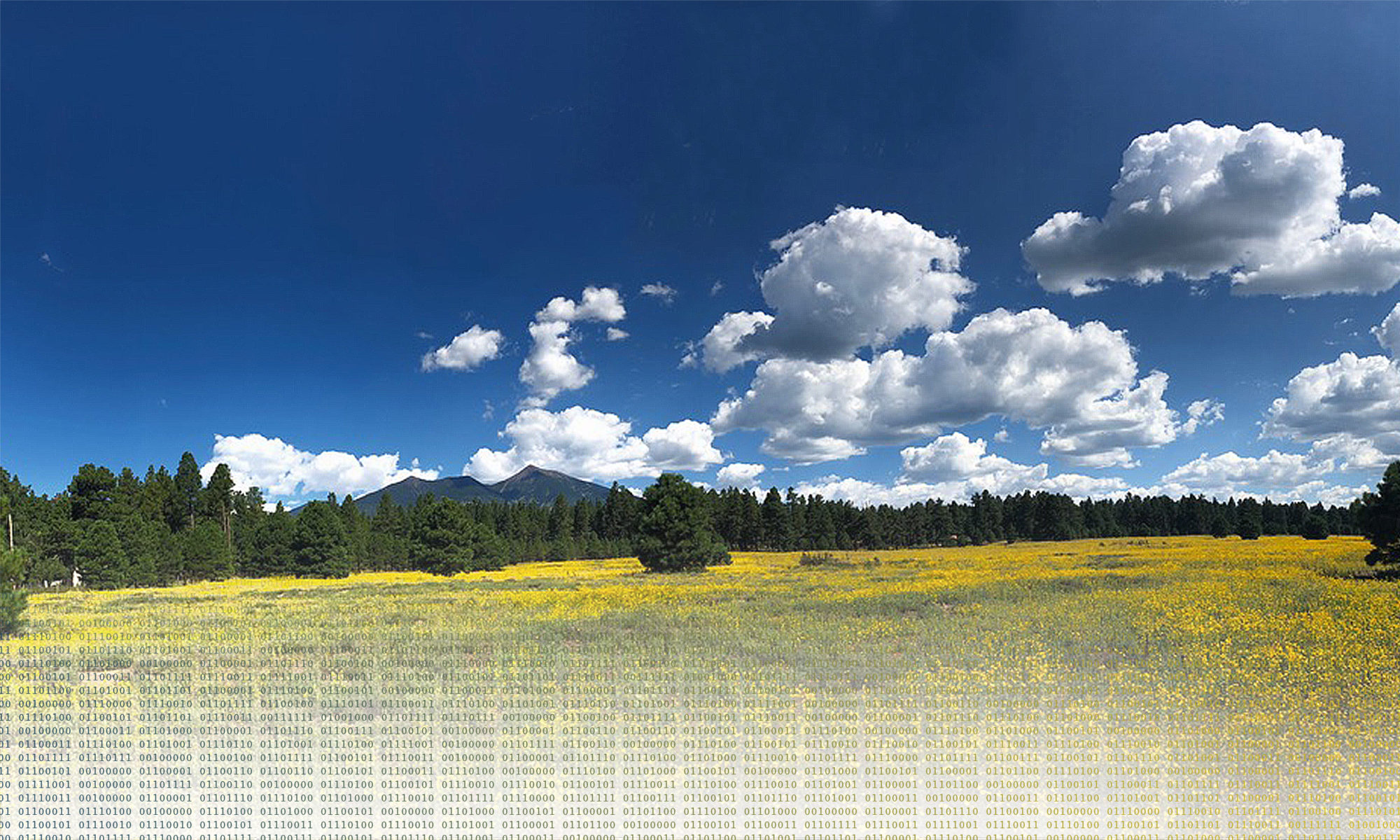Please note this seminar will begin at 12:00 pm
Decolonizing FEWS STEM education for interdisciplinary graduate training
By Karletta Chief, Torran Anderson, Robert Arnold, Benedict Colombi, Cara Duncan, Jennifer Fields, Murat Kacira, Benita Litson, Kimberly Ogden, Erin Ratcliff, Valerie Shirley, Kelly Simmons-Potter, and Vasiliki Karanikola
Decolonizing Food, Energy and Water Systems (FEWS) graduate STEM education and training is critical for graduate students to truly have intercultural awareness, understanding of Indigenous communities’ priorities, having respectful partnerships and collaborations, and effective co-designing appropriate FEWS technologies for Indigenous communities. Decolonization is an ongoing, iterative, developing, and reflective process for the NSF InFEWS NRT: Indigenous Food, Energy, Security and Sovereignty (Indige-FEWSS) that requires guidance and training by cultural and de-colonizing experts. The training elements supporting decolonization include cultural immersion; Native Voices in STEM; Tribal consultation and research training; American Indian Studies Courses; Indigenous workshops by cultural experts and those working in Indigenous communities; interviewing community members, reading decolonizing literature (e.g. Linda Smith); presenting and participating in critical dialogue with Indigenous education and social science students; and teaching and mentoring Tribal College students. Through these unique decolonized training components, trainees learn to understand their positionality as a STEM professional or student working in an Indigenous community.

